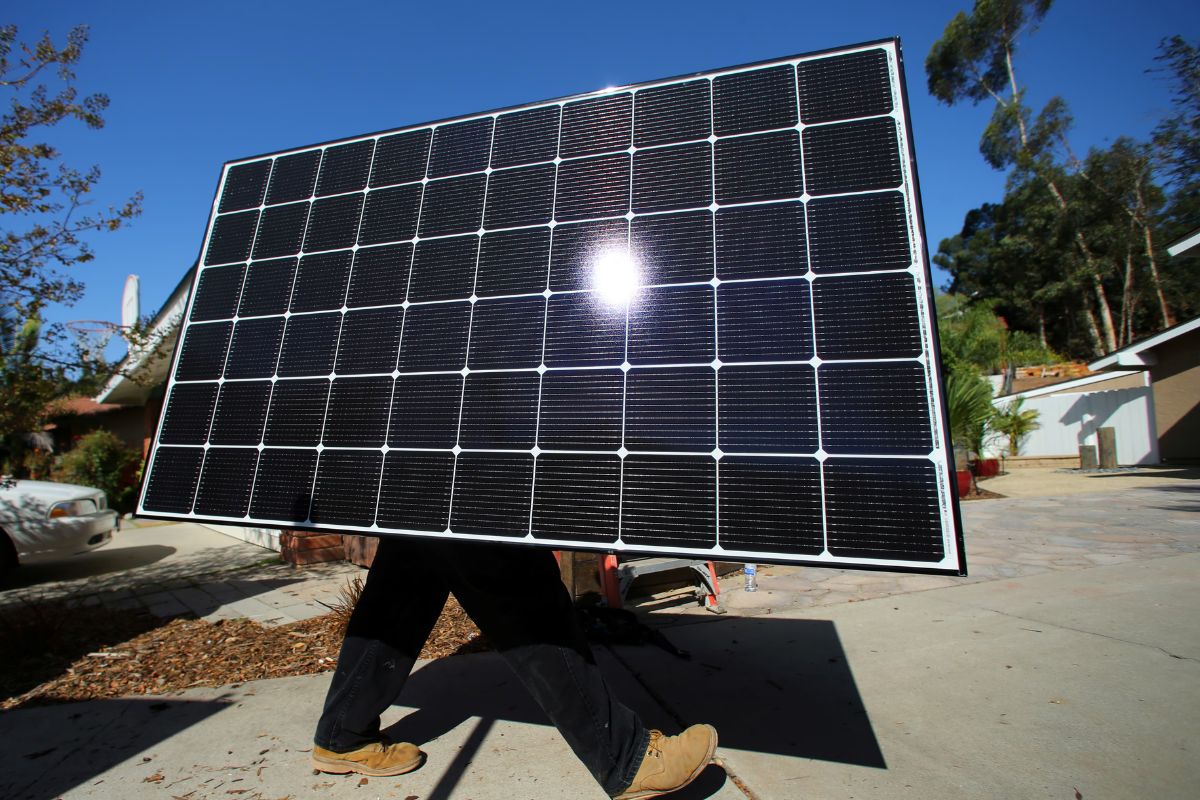The Environmental Protection Agency (EPA) has officially ended the $7 billion Solar for All program, a nationwide initiative intended to expand solar power access for more than 900,000 low-income households. The decision comes after recent changes to federal appropriations law removed the program’s budget authority.
Program Overview and Objectives
Launched in 2022, Solar for All Program was designed to improve energy affordability and promote renewable energy adoption in underserved communities. Funded through federal grants, the program allocated resources to 60 recipients, including state agencies, tribal governments, and regional organizations.
The grants supported a variety of projects, such as rooftop solar installations for individual homes and community solar gardens that allow multiple households to share clean energy benefits. In addition to reducing household electricity costs, the initiative aimed to lower carbon emissions by increasing the proportion of renewable power on the national grid.
According to figures from research firm Atlas Public Policy, only $53 million of the $7 billion allocation had been spent before the program’s termination. Most funded projects were still in the planning or early development stages.
Reason for Termination
EPA officials stated that revisions to federal spending legislation eliminated the statutory authority to continue managing the program or issuing funds. As a result, the agency has stopped approving new projects and is closing out existing grant agreements.
The agency has indicated that without a legal basis to administer the funds, it must return unspent amounts to the U.S. Treasury. This includes funding that has been awarded but not yet fully disbursed to recipients.
Response from Grant Recipients and Stakeholders
Several grant recipients have expressed concern that the decision disrupts projects already underway. Many organizations had invested months in planning, permitting, and community outreach in anticipation of receiving full funding. Some have stated that they may seek legal review, arguing that awarded funds should remain available for use as originally intended.
Industry associations representing solar companies have also voiced concerns. They note that the grants were expected to attract additional private investment, create local employment opportunities, and expand renewable energy infrastructure in areas that often face high energy costs and limited access to clean power.
Potential Impacts on Communities
The cancellation may delay or prevent the installation of thousands of residential solar systems and community energy projects. For low-income households, this could mean continued reliance on higher-cost or less efficient energy sources. Additionally, some planned projects included workforce training components, meaning the termination could also affect job creation in the clean energy sector.
Without the Solar for All Program funds, many organizations are exploring alternative financing options, including state-level clean energy programs and partnerships with private investors. However, stakeholders acknowledge that replacing the scale of the federal funding will be challenging.
Outlook
The future of the program’s goals now depends on the outcome of potential legal challenges and the availability of other funding streams. While some projects may still proceed on a reduced scale, others are likely to be postponed indefinitely. The decision marks a significant shift in the scope of federal support for residential solar development, particularly in underserved communities, and raises broader questions about how such initiatives will be funded in the years ahead.












